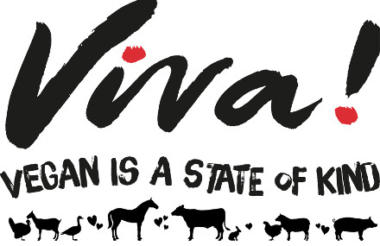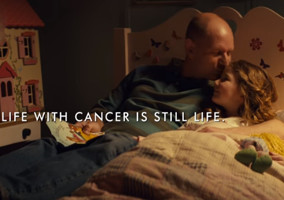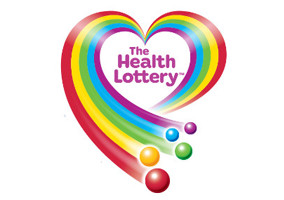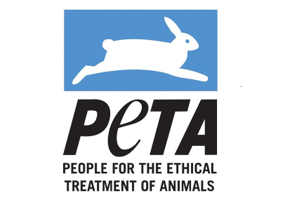The Advertising Standards Agency has upheld a complaint made about posters displayed on buses by veganism advocacy charity Viva! that linked drinking cow’s milk with cancer.
The posters were displayed on buses in September last year and featured an image of a cow’s udder and included the claim: “Some dairy industry facts we bet you don’t know … Most cows are pregnant when milking. That’s why milk contains 35 hormones, including oestrogen … some of these are linked to cancer. Milk is for babies, so let Viva! wean you off the teat!”.
Two complainants challenged the claims made by the Bristol-based charity, believing that it implied that drinking cow’s milk could cause cancer, and challenged whether the implied claim was misleading and could be substantiated.
The ASA acknowledged that the claim only said “linked” to cancer, rather than definitively stating that they caused cancer, but considered that “consumers would nonetheless interpret it to mean that because of the hormones that were present in cow’s milk, drinking cow’s milk could increase a person’s risk of developing cancer”.
It said that although evidence provided backed the claim that there are 35 hormones in milk, the evidence provided was not strong enough to substantiate claims about the link between hormones in milk to cancer.
The ASA said the claim had not been substantiated “as it would be understood by consumers to mean that due to the presence of hormones, drinking cow’s milk could increase a person’s risk of developing cancer,” and was therefore misleading.
Advert must not appear again
It ruled that the advert must not appear again in the form complained about, and ASA instructed Viva! not to make claims which “stated or implied that due to the presence of hormones, drinking cow’s milk could increase a person’s risk of developing cancer”.
In response, Viva! founder and director Juliet Gellatley disputed the lack of evidence linking milk to an increased risk of cancer, and defended the charity’s use of the word “linked”.
She said in a statement: “There’s plenty of scientific data linking milk and other dairy products to an increased risk of some cancers and many researchers are pointing the finger of blame at the hormones naturally present in dairy.
“If the ad had contained a more specific wording, such as ‘linked to breast, ovarian and prostate cancer’ – for which the evidence is the strongest - it would have probably been accepted as appropriate. The ASA ruling only found an issue with the claim being too generic, not with it being unfounded.”
Related articles












